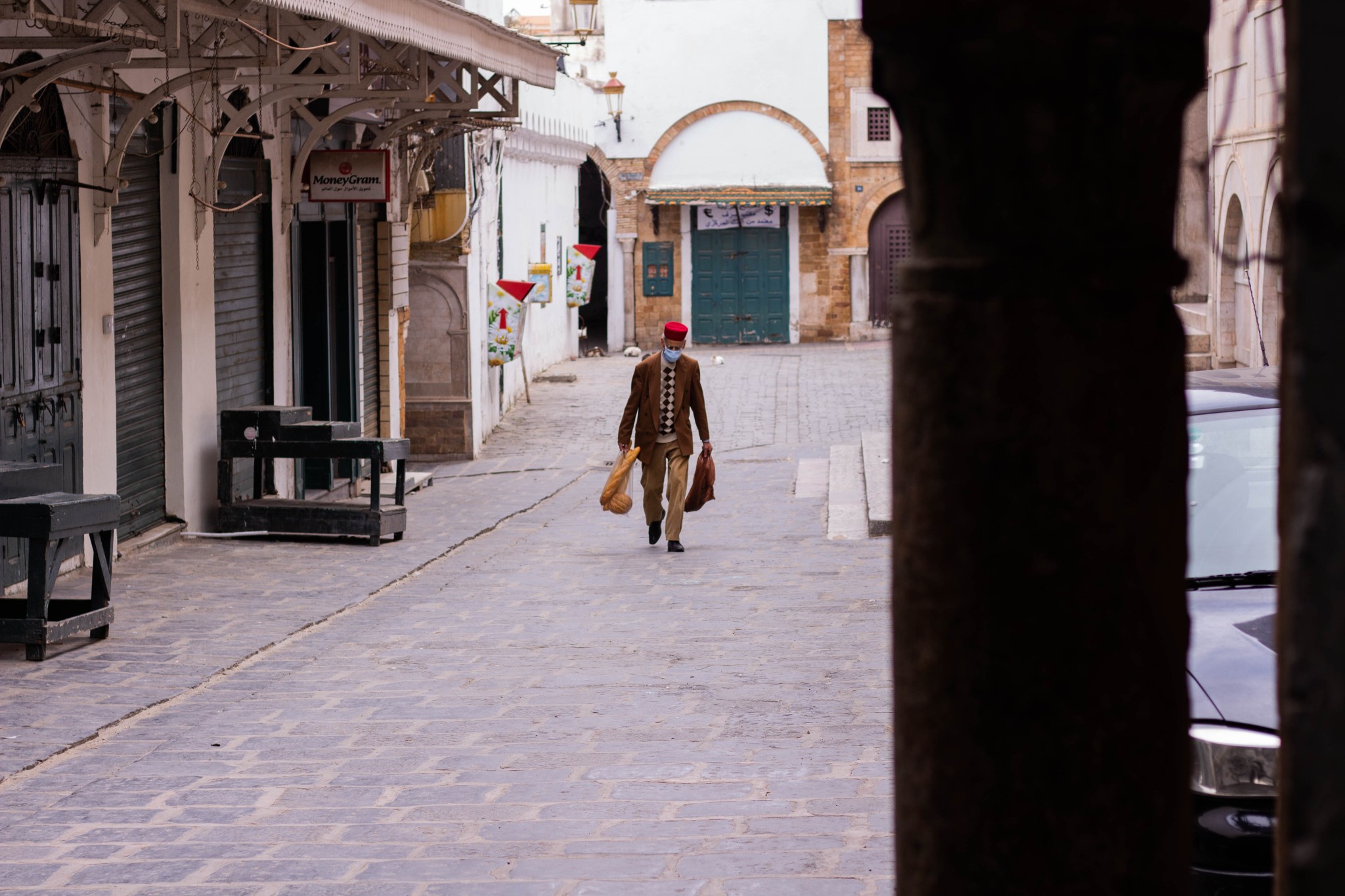
Despite lacking the resources of wealthier, more powerful neighbors, Tunisia has managed to contain the spread of COVID-19 and start the process of re-opening its economy – even welcoming tourists back at the end of June. Transparency, public awareness, and a nascent culture of civic engagement were instrumental in its success. While the economic and political challenges remain formidable, Tunisia’s handling of COVID-19 demonstrates the wisdom of the country’s commitment to democracy.
Since the outbreak of COVID-19, a great deal of ink has been spilled praising the policies of countries like Iceland and New Zealand, despite the fact that these are wealthy countries with remote locations, small populations and exceptionally low population densities. In contrast, Tunisia’s remarkable success in dealing with the pandemic remains underappreciated.
The first cases of the novel coronavirus were confirmed in Tunisia on March 2, shortly after Europe’s outbreak. To date, the country has confirmed just 1,205 cases and 50 fatalities – roughly the same amount as has been recorded in Cumberland County, Maine (population: 281,674).
There was no obvious reason that Tunisia was better-positioned to manage the fallout of COVID-19 than other countries. If anything, the Tunisian government had to overcome more challenges in its response to the pandemic than others: When the pandemic started its deadly march across the globe, Tunisia was grappling with a government crisis and facing possible snap elections, with an underfunded, underequipped and understaffed healthcare system.
Yet with limited resources, not one but two different governments acted swiftly to contain the spread of the virus; first the outgoing cabinet of Youssef Chahed, then the coalition government of Prime Minister Elyes Fakhfakh. Recognizing the urgency of the situation and the need to act decisively, Tunisian authorities deployed an ambitious testing and treatment regime and enforced strict social distancing measures. Today, Tunisia appears to have contained the virus, with only a handful of new cases in the past month.
Tunisia’s successful COVID-19 response relied on the cooperation of an informed public, one of the key hallmarks of a healthy democracy. Daily press briefings by the Ministry of Health were supported by media coverage urging citizens to stay at home, practice strict personal hygiene and support the national crisis response. Elected officials and NGO volunteers worked overtime to support the government’s efforts and aid those in greatest need. Democratic activists working with the International Republican Institute (IRI) found innovative ways to continue advocating for citizens and ensuring government oversight.
These policies underscore the importance of democracy and the changes that have occurred in Tunisia since the democratic revolution of 2011. Whereas authoritarian governments have used COVID-19 as a pretext to limit civil liberties and censor and distort information, Tunisia’s democratically-elected government treated citizens with respect and accountability. Social distancing succeeded not through fear, but through hard-won public trust, transparent communication and cooperation with civil society.
Tunisia is re-opening, but the risk of a second wave of the virus continues to loom. The fragile governing coalition was unified in responding to COVID-19, but fissures are emerging as the Prime Minister stands accused of conflicts of interest, and faces calls for his dismissal or resignation. The nation’s economic situation is worsening and may yet precipitate an even bigger crisis. The Tunisian people now face the challenge of maintaining stability at an uncertain time while holding their leaders accountable and protecting and strengthening their democratic institutions.
Tunisians are quick to point out shortcomings in their democratic transition, yet as the handling of this unprecedented crisis shows, there are real gains to celebrate. As a long-time partner in Tunisia’s democratic transition, IRI has witnessed the introduction of previously unthinkable freedoms and the democratization of key Tunisian institutions. In a world of resurgent authoritarianism, Tunisia continues to show that what citizens need most – in good times and in bad – is a government that serves its people, and not the other way around.
Top